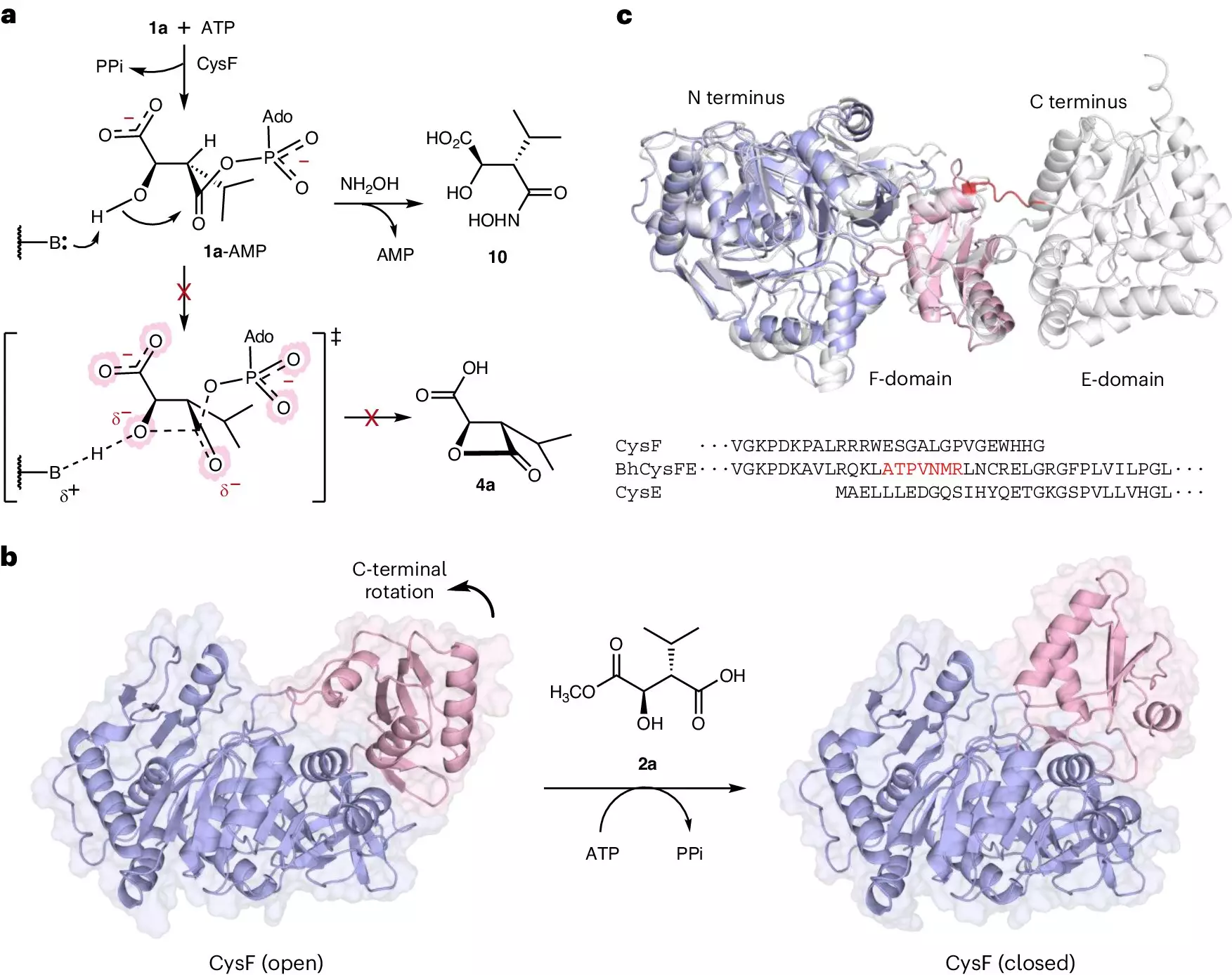In recent years, the burgeoning field of biotechnology has introduced innovative resolves to challenges that plague traditional medicine. Among these breakthroughs, a remarkable discovery by scientists at the University of Manchester has emerged, offering a highly efficient and sustainable method for producing peptide-based therapies. Peptides, consisting of short chains of amino acids, have been crucial in developing treatments for numerous ailments, including various forms of cancer. Yet the conventional methods for peptide synthesis are mired in complexity, waste, and inefficiency. The innovative approach proposed by these researchers not only simplifies production but also promises considerable environmental benefits.
The Importance of Peptides
Peptides have garnered increasing attention in medical research and therapeutics due to their role as biologically active agents. These short chains of amino acids play significant roles in cellular signaling, immune responses, and even the modulation of metabolic processes. Accordingly, they have become fundamental in treating conditions as diverse as diabetes, cancer, and infectious diseases. However, the journey from peptide discovery to patient-ready medicine is often riddled with obstacles, largely stemming from the complexities involved in their synthesis. The inefficiencies and toxic byproducts inherent in traditional chemical synthesis highlight the urgent need for more effective production technologies.
Emergence of a Sustainable Solution
The University of Manchester scientists’ groundbreaking work, newly published in *Nature Chemical Biology*, centers around a new class of ligase enzymes termed as “molecular glue.” Unlike existing chemical synthesis methods that require multiple laborious steps and generate considerable waste, these ligases facilitate a more straightforward assembly of peptide sequences. By utilizing a cascade reaction of different ligases, the researchers achieved a marked increase in yield and efficiency. Professor Jason Micklefield underscores the potential of this discovery, stating that it enables the production of peptides with noteworthy anti-cancer properties in a unified process—marking a significant shift from the outdated and cumbersome 10-12 step synthesis previously required.
Critically Analyzing Current Practices
While the research team’s new approach marks a major step forward, it also serves as a critique of long-standing practices in peptide production. Existing techniques often involve hazardous reagents, volatile solvents, and complex chemical precursors that not only elevate the costs associated with peptide medicines but also pose significant environmental risks. The inefficiencies inherent in these methods restrict the scalability of peptide production, leading to limited availability of essential treatments. This urgency for improved methods is echoed across the pharmaceutical industry, making the Manchester team’s discoveries even more pertinent.
The Future of Peptide Therapies
The implications of these new ligase enzymes extend beyond merely enhancing peptide yield; they open doors to a new era in drug design and synthesis. Armed with their findings, the research team is poised to embark on further optimizations of these ligases, aiming to improve their applicability for large-scale peptide production. Collaboration with leading pharmaceutical companies amplifies the promise of translating this research into practical applications, thus potentially revolutionizing how peptide therapeutics are manufactured and delivered to patients.
A New Paradigm in Medicinal Chemistry
As we step into an age where sustainable practices are no longer optional but essential, this innovative method of peptide synthesis stands as a beacon of hope. The promise of effective and environmentally friendly antibiotic drugs and cancer treatments hinges on such breakthroughs. This work not only provides a blueprint for future peptide synthesis but also underscores the necessity of aligning scientific advancement with ecological responsibility. By refining production methods and fostering collaborations, scientists now have the potential tools to transform therapeutic landscapes while respecting the environment—a dual victory that cannot be overstated.

